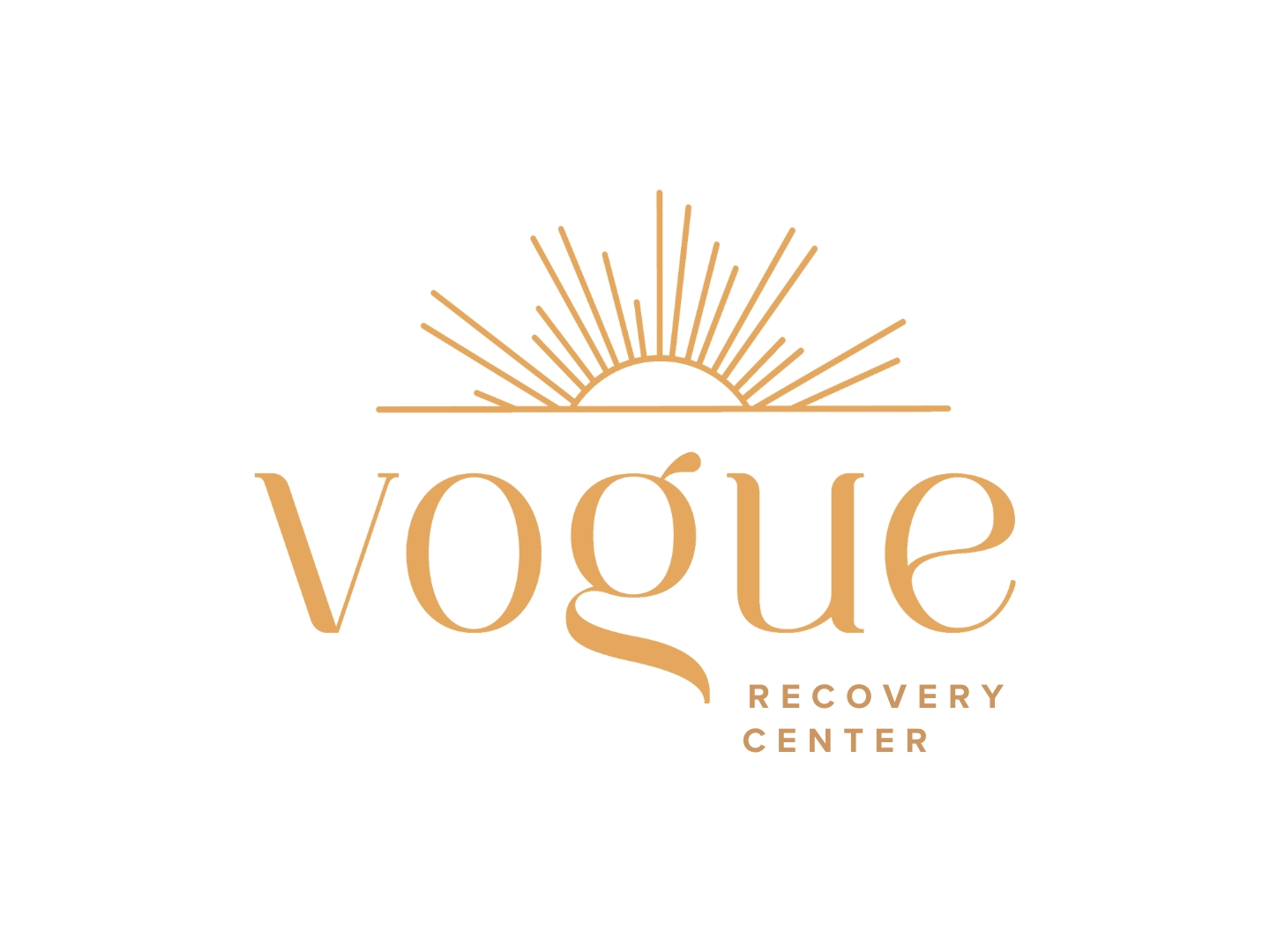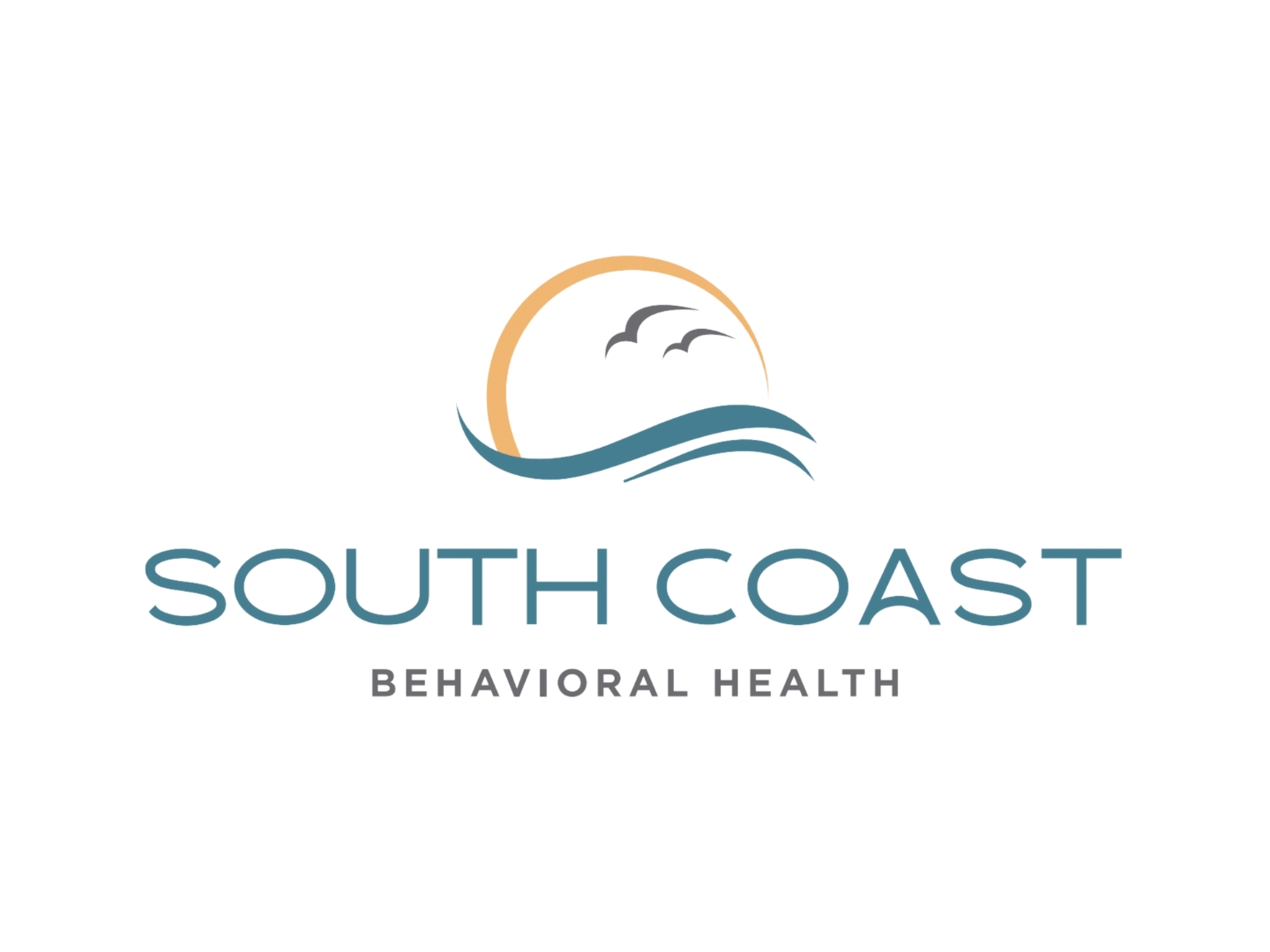Personality Disorders
Personality Disorders
Personality disorders can be difficult to manage and nearly impossible without professional treatment. Individuals with personality disorders struggle with their personal, social, and professional lives because their behaviors are inconsistent. According to the World Health Organization, the likelihood of having a personality disorder is 6.1 percent. Yet, there are a number of factors believed to be associated with the development of PD. Although PDs tend to be rare, Aliya’s team of therapists are knowledgeable and equipped to lead individuals to recovery. Through a combination of therapy, counseling, and person-focused medication management, you can overcome your symptoms.
What Are Personality Disorders?
A personality disorder is a mental illness that affects an individual’s personality, such as their mood, actions, and patterns of thinking. Personality disorders have their own unique set of challenges stemming from the nature of the illness. To elaborate, personality defines a person based on their behaviors, perceptions, and preferences. Those with personality disorders struggle with distorted thinking, inconsistent temperament, and fluctuating patterns of living. As such, they can really struggle with their sense of identity. Similarly, they often struggle with relationships because others have trouble understanding and connecting with them.
Personality Disorder Risk Factors
Although it isn’t definitively understood what causes the development of personality disorders, there are factors believed to contribute. Most likely, PDs develop due to a combination of elements in childhood and beyond.
Some potential risk factors that may increase the likelihood of forming a PD are:
- Genetics
- Childhood abuse
- Trauma
- Family situation
- Social and economic environment
- Cultural factors
Across the board, individuals usually develop and start showing symptoms by age 11. This is true for roughly 80 percent of cases.
Talk to an Admissions Representative | Free, No Obligation, 100% Confidential
How Soon Can I Get Help?
No one should have to wait to heal, which is why our specialists are available 24/7 to help guide you through the admissions process every step of the way.
Types of Personality Disorders
The symptoms of personality disorders vary according to your diagnosis, but there are some common symptoms of personality illnesses, like:
- Unpredictable behaviors
- Disordered patterns of thinking
- Poor understanding of self
- Mood swings and personality shifts
- Fear of abandonment
- Anxiety
- Trouble with relationships
- Distorted perception of reality
- Low self-esteem
Other symptoms are dependent on the type of PD. They are classified into three personality disorder clusters, which identify the traits of the PD diagnosis.
Cluster A
Personality disorders in Cluster A are considered odd/eccentric. This means paranoid personality disorder, schizotypal personality disorder, and schizoid personality disorder are classified as cluster A.
Paranoid Personality Disorder (PPD)
Paranoid personality disorder, or PPD, has strong elements of paranoia symptoms. This may include suspicion of people and opportunities, as well as belief in bad intent. They may especially struggle with relationships because of their mistrust of others and others’ intentions. Yet, one difference between schizophrenia and PPD is that the former illness includes symptoms of hallucinations while PPD does not. However, paranoid thinking and behaviors can still distort one’s sense of reality.
Schizotypal Personality Disorder (STPD)
Schizotypal personality disorder, or STPD, shares some traits with schizoid personality disorder but varies in other distinct ways. One of the differences is that schizotypal PD is characterized by having many strange and eccentric behaviors and thoughts. A main trait of schizotypal PD is trouble getting close to people because of poor awareness of social cues and odd behaviors. For example, individuals often may believe they have special powers or are targeted by higher elements. Further, they may dress or speak in ways that are out of tune with others.
Schizoid Personality Disorder (ScPD)
Similar to STPD, schizoid personality disorder is marked by difficulty with social connections. Yet, a difference is that those with schizoid PD tend to show disinterest in relationships and withdraw inside themselves. Part of the difficulty stems from their trouble expressing emotions. People looking at ScPD from the outside may think the person with the disorder doesn’t care because of their general detachment. As a result, those diagnosed struggle to form deep relationships. Sometimes, ScPD is mistaken for schizophrenia, yet ScPD is a more common disorder.
Looking for Mental Health Services?
If you or a loved one is struggling with their mental health, our admissions team is available 24/7. Our compassionate and understanding team can help answer your mental health treatment questions and get you started on the path to recovery.
Deciding to seek depression treatment can be intimidating. We are here to make this process as easy as possible. Reach out to us today to learn more about how our treatment centers can help!
- How we can help
- Programs and locations
- Payment options
Cluster B
Cluster B personality disorders are categorized as dramatic/impulsive. The more erratic symptoms fall under cluster B from the antisocial, histrionic, and narcissistic PD types.
Antisocial Personality Disorder (ASPD)
Antisocial personality disorder, or ASPD, is a self-destructive disorder where a person shows disregard for rules, feelings, and those around them. They may rebuff authority, hurt others’ feelings, or cause damage to physical objects. Actions of violence and cruelty may be symptoms. As a result, they can get in serious trouble, as well as cause pain and destruction. Unfortunately, those with antisocial personality disorder often don’t take responsibility for their actions and show a lack of remorse.
Borderline Personality Disorder (BPD)
Borderline personality disorder, or BPD, includes traits of insecurity, intensity, and fear of abandonment. They may also engage in self-destructive behaviors and self-harm. Along with putting themselves at risk, they can hurt others through impulsivity, irrational decisions, and manipulative behaviors. Although they want to receive love and closeness, their unhealthy traits hold them back. People with borderline personality tend to see the world in narrow categories like “good” and “bad,” which can hinder their relationships. Commonly, they struggle with intense fear of rejection and poor self-worth.
Histrionic Personality Disorder (HPD)
Histrionic personality disorder, or HPD, is marked by dramatic, attention-grabbing behavior due to low self-worth. Unfortunately, people diagnosed with HPD battle symptoms that stem from their feelings of poor self-esteem. This may include seductive or inappropriate behavior, strong emphasis on their appearance, and inflated statements. Because of their need to both receive attention and impress, they often get labeled as shallow or superficial.
Narcissistic Personality Disorder (NPD)
Narcissistic personality disorder, or NPD, can be confused with histrionic personality disorder because of the similar emphasis on attention. To explain, people with NPD place themselves as the center of attention with their attitude of superiority. Their behaviors also stem from insecurity and the need to be admired, yet they act as though they have endless self-confidence. As a result, they are misunderstood when it comes to who they truly are and what they desire. Their appearance of an inflated ego tends to push people away.
Are you ready to leave drugs & alcohol in your past? Reach out today through live chat, email, or phone.
Cluster C
Cluster C is categorized as anxious and fearful. Avoidant, dependent, and obsessive-compulsive traits fall under this grouping of personality disorders.
Avoidant Personality Disorder (AvPD)
Avoidant personality disorder, or AvPD, is largely defined by anxious and avoidant behavior. Similar to other personality disorders, an underlying root of the symptoms is insecurity and a distorted sense of self. Symptoms likely include fear of rejection and abandonment, shyness or social awkwardness, and fear of judgment. Individuals may have phobias or fears that prevent them from a high quality of life, similar to anxiety disorders. Yet, the root cause is low self-worth rather than anxiety.
Dependent Personality Disorder (DPD)
Dependent personality disorder, or DPD, is a condition where individuals rely on others in many areas of life. This is due to their insecurity in themselves and their need for validation. As such, they may struggle to make decisions or refuse to take care of themselves. In other cases, it looks like they are structuring their life around pleasing other people to prevent being alone. Often, a deep fear of abandonment and loneliness are the underlying currents running under their erratic behaviors. They may end up stuck in their life, never making moves forward or trying new things.
Obsessive-Compulsive Personality Disorder (OCPD)
Obsessive-compulsive personality, also called OCPD, can be confused for OCD but is instead a cluster C personality disorder. It is characterized by perfectionism, routine, and orderliness. In worst cases, it can turn into a need to be in control and show no flexibility to accommodate others. OCPD affects both thinking patterns and behaviors. Individuals tend to struggle with relationships because of the give-and-take they require rather than rigidity in routine.
Self-Assessment: Am I Addicted?
"*" indicates required fields
Treatment for Personality Disorders
Individuals with personality disorders feel an immense amount of stress, confusion, and frustration with their own behaviors and thoughts. As a result, they may turn to drugs and alcohol to try to self-manage their symptoms. Further, symptoms of personality disorders may also lead to symptoms of other illnesses, such as depression, anxiety, and substance use disorder (SUD). At Aliya, we treat clients for their whole illness, including co-occurring disorders, if they are diagnosed with more than one. This holistic approach to recovery is at the core of our programming, which combines therapy with counseling and medication management.
Therapy for Personality Disorder
Our clients engage in a mixture of traditional and experiential therapy sessions. For example, they will participate in both individual and group psychotherapy, as well as activity-based or experiential therapy. Our facilities across the United States offer different therapy options.
These include:
- Activity therapy
- Art therapy
- Movement therapy
- Music therapy
- Neurofeedback
- Sound baths
- Equine-assisted therapy
Our psychotherapies follow different types of behavioral therapy for a well-rounded approach to recovery. Working with a professional treatment center can make all the difference in recovery thanks to the skilled experts who work there.
Cognitive-Behavioral Therapy (CBT)
Cognitive-behavioral therapy, or CBT, is a behavioral therapy that focuses on adjusting both one’s patterns of thinking and behaving. Therapists help their clients understand which thoughts and actions stem from unhealthy tendencies. Clients also begin to recognize the negative effects such behaviors have on themselves. Thus, the therapist and client work together to modify unhealthy patterns into healthy ones.
Dialectical Behavioral Therapy (DBT)
Dialectical behavioral therapy, or DBT, is similar to CBT and based on the same principles. While it also looks at adapting both thoughts and actions, its emphasis is more on one’s personal and social life. Clients learn emotional regulation, mindfulness, and social growth.
Medication for Personality Disorders
Personality disorder medication can take multiple routes until the right prescription and dosage are found. Above all, it depends on the person, such as their symptoms, medication background, goals, and needs. Each client at our centers works one-on-one with their medical team to ensure they stay on the path toward recovery. Some people’s treatment plans won’t include medication. It is prescribed on a case-by-case basis, and some don’t need it or wish to avoid it. However, many individuals with personality disorders and other mental illnesses benefit from medication for their symptoms. Your care team will ensure it improves your quality of life and becomes a positive addition to your service plan.
Antidepressants
Antidepressants are a type of medication that is prescribed for more than just depressive disorders. Individuals with any type of personality disorder can find their symptoms improve due to how antidepressants target brain chemicals. Often, they may have treatable symptoms of depression that go hand-in-hand with their PD. Antidepressants target different brain enzymes to increase more positive messengers. As such, your medical team may adjust your prescription to find the best fit, whether SSRIs, SNRIs, or a different variation.
Antipsychotics
Antipsychotic medication can be used to treat all clusters of personality disorders. Also, this medication can treat other disorders that have symptoms of psychosis or paranoia. For instance, depressive disorders with psychosis, schizophrenia, and anxiety disorders may all be treated with antipsychotics. Similarly, symptoms of personality disorders can be improved due to how antipsychotic medication inhibits dopamine. The result is a reduction in manic brain activity and a sedative effect.
Mood Stabilizers
Mood stabilizers are a type of medication commonly prescribed for those with a mental disorder. These include personality disorders, anxiety disorders, and depression. Markedly, they work by stabilizing a person’s mood to a calm base level, preventing them from moving between highs and lows. Some mood stabilizers are lithium and carbamazepine.
Help for Personality Disorders Near You
At Aliya Health Group, we offer personality disorder treatment that focuses on you as a person first. You will never be condensed down to the disorder you struggle with because we truly believe you can recover from your illness. We will help you manage your symptoms and regain confidence through independence. Our team of medical professionals and licensed therapists will walk alongside you in treatment to establish a personalized care plan. According to your needs and goals, your service plan may include medication management alongside therapy and counseling. Please reach out today to begin the process of creating a recovery plan. We will connect you to one of our facilities through Aliya’s mental health care network.
We accept health insurance
Aliya Health Group accepts most major health insurance providers on both a national and local level. Some of the health insurance providers we work include:







Check to see if your insurance is in-network at one of our rehab facilities.
Client Testimonials






Change your life with one call.
We can help.
Frequently Asked Questions
Before entering outpatient treatment for substance abuse, most people have a long list of questions and concerns. To help you gain a better understanding of what to expect during outpatient programs, we have compiled a list of our most frequently asked questions.
Yes, our rehabilitation facilities have designated smoking areas available. However, kindly note that all cigarettes brought into the facility must be in unopened packs or cartons. The same rule applies to any cigarettes sent or brought by family or friends. Our staff will be more than happy to provide you with additional details regarding these guidelines during the admission process.
Yes, in most cases, we can offer repayment options tailored to your unique circumstances. For more details regarding personal repayment options, we recommend reaching out to our admissions team. They’ll be more than happy to assist you.
We accept all major insurance plans at our treatment locations. To learn more about insurance and treatment cost, contact our admissions team or fill out our secure insurance verification form.
Yes, we provide integrative dual diagnostics alongside a wide array of treatment modalities. Our core objective revolves around tackling addiction, while simultaneously addressing the underlying factors that contribute to substance use disorders. Our mission is to deliver effective and holistic care that encompasses both symptom management and the exploration of root causes of addiction.
In terms of cost, outpatient treatment is typically more affordable than inpatient options which require round-the-clock medical supervision. This makes it a viable solution for individuals who may be deterred from seeking help due to financial constraints.










